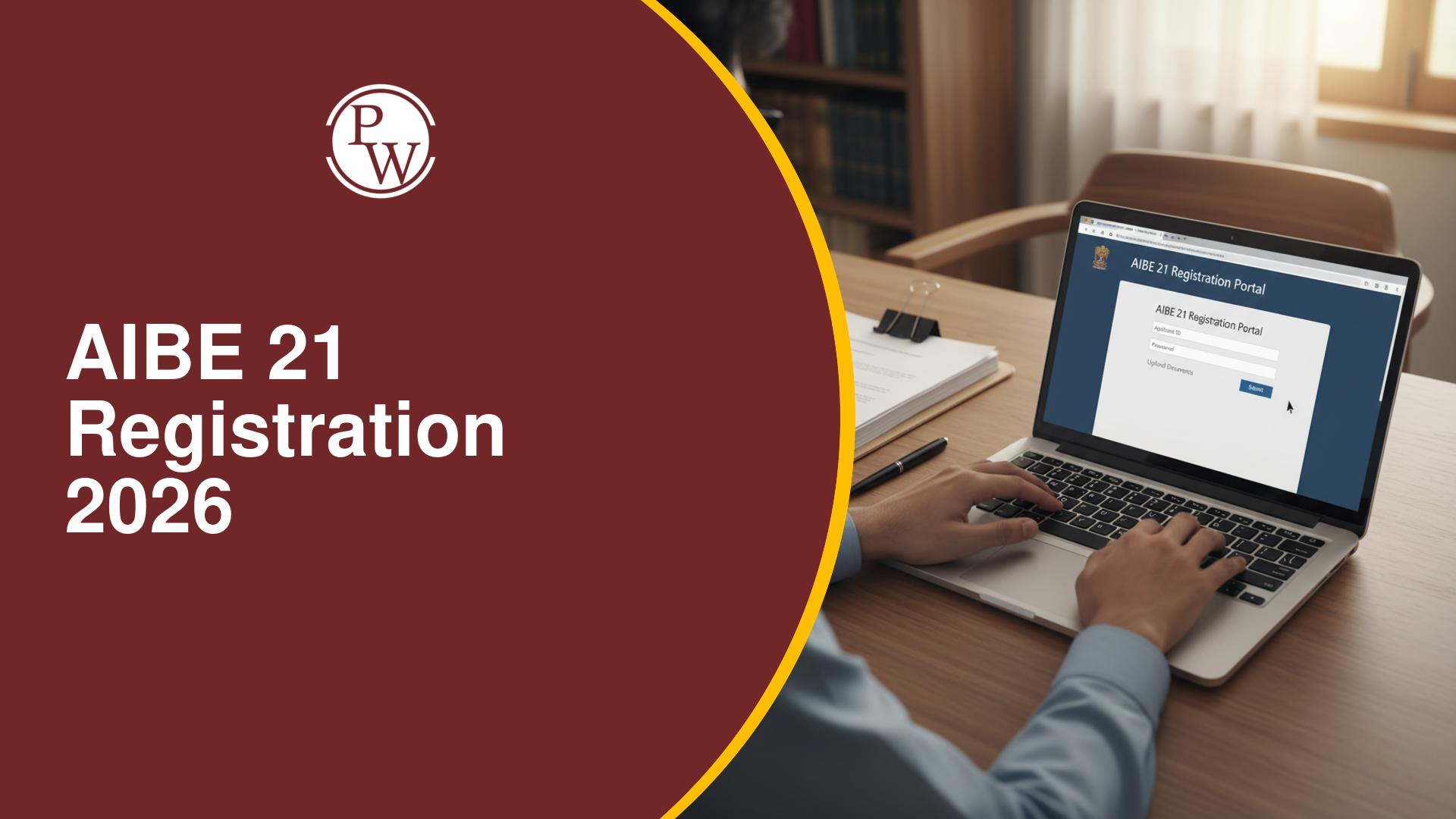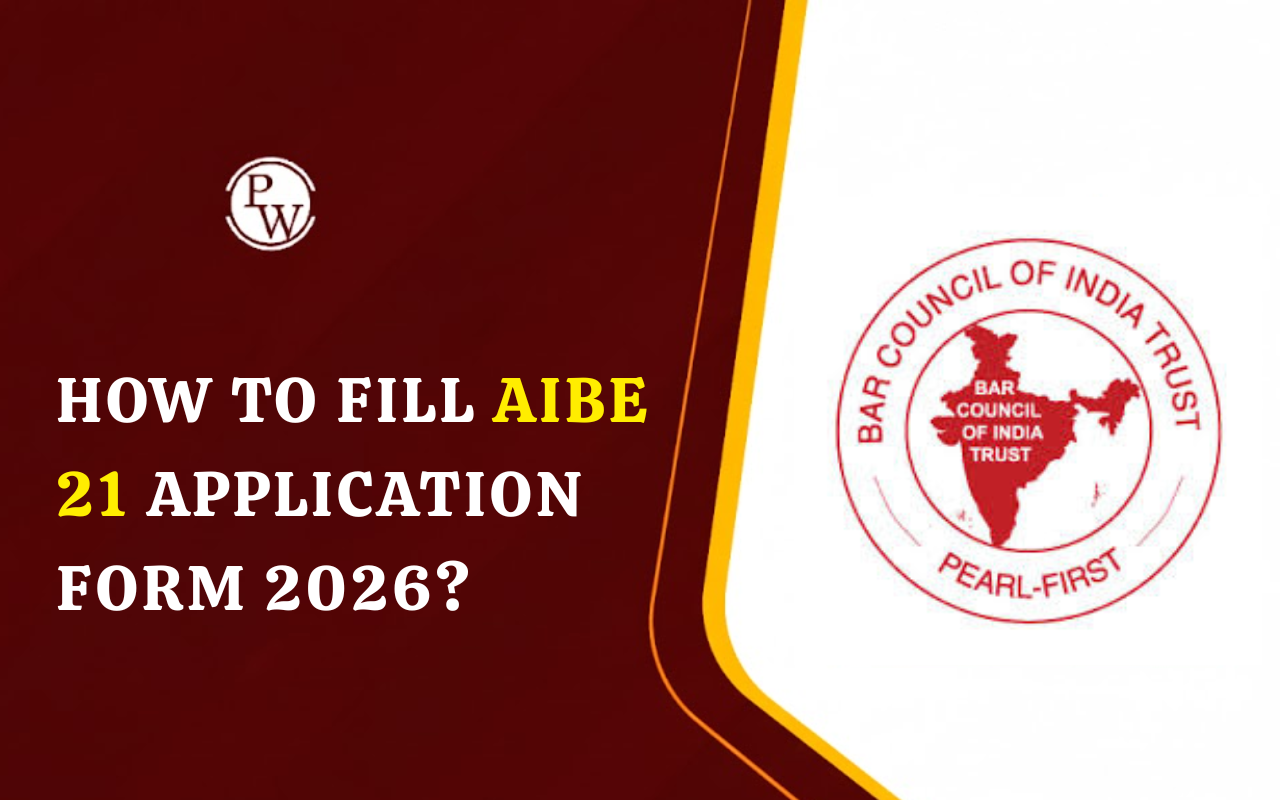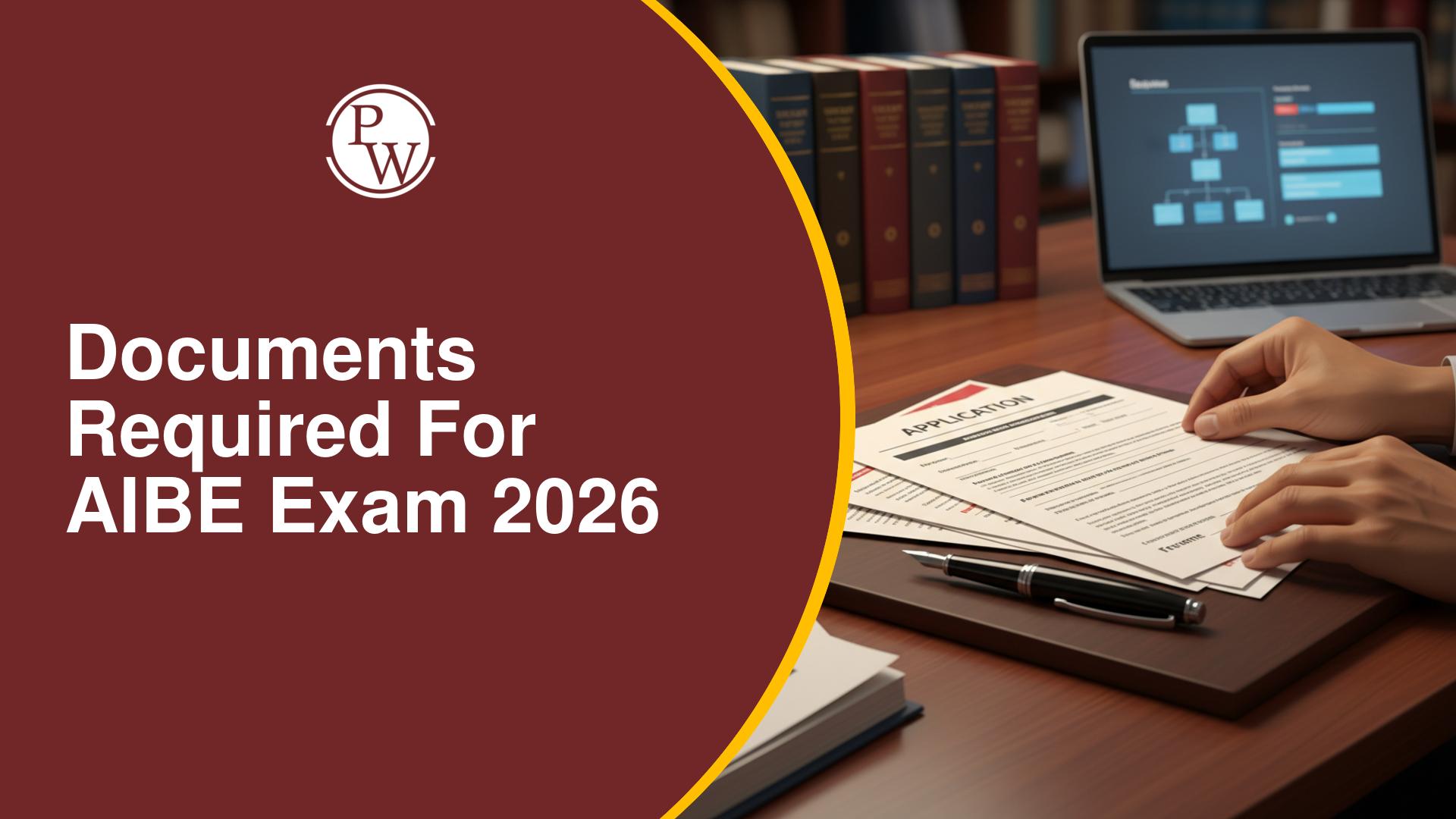
Landmark Judgement Writing Tips: Aspiring judges appearing for the Judiciary Exam 2025 must have exceptional legal writing skills, particularly when it comes to drafting landmark judgements. Landmark Judgement Writing Tips are essential for scoring well in the mains examination, where candidates are expected to showcase their understanding of legal principles, logical reasoning, and articulation.
In this page, we will provide insightful strategies on how to write landmark judgements, discuss the landmark judgement writing format and emphasize the importance of landmark judgement writing tips for the judiciary exam 2025.
Importance of Landmark Judgement Writing Tips for Judiciary Exam 2025
The ability to write a well-structured judgement is a fundamental skill required for judicial officers. The importance of landmark judgement writing tips for the judiciary exam 2025 lies in the following aspects:
-
Demonstrates Legal Acumen – A well-drafted judgement reflects a candidate’s legal knowledge, interpretation skills, and application of judicial precedents.
-
Enhances Logical Reasoning – It showcases a judge’s ability to analyze facts, apply legal provisions, and deliver a reasoned verdict.
-
Improves Expression & Clarity – Writing a structured and precise judgement ensures clarity in legal decisions, which is essential for judicial officers.
-
Boosts Exam Scores – Judiciary exams emphasize judgement writing as a scoring component, and mastering landmark judgement writing tips can significantly improve performance.
Landmark Judgement Writing Tips for Judiciary Exam 2025
Candidates often wonder, how to write landmark judgement for judiciary exams due to the complexity of legal writing, due to this candidates face struggle. Here are step-by-step strategies to qualify judgement writing in the Judiciary Exam 2025:
1. Read & Analyze Landmark Judgements
-
Study landmark Supreme Court and High Court judgements to understand how reasoning and legal principles are applied.
-
Pay attention to the structure, language, and legal references used by judges.
2. Follow the Landmark Judgement Writing Format for Judiciary Exam 2025
Using a proper structure is essential for effective judgement writing. The landmark judgement writing format for judiciary exam 2025 typically includes:
A. Case Title and Details
-
Mention the case name, parties involved, and citation details.
-
State the court’s jurisdiction (Supreme Court/High Court).
B. Brief Facts of the Case
-
Provide a concise summary of the factual background.
-
Mention relevant legal provisions that form the basis of the dispute.
C. Issues Framed
-
Clearly state the legal questions involved in the case.
-
Example: “Whether the accused is guilty under Section 302 of IPC?”
D. Arguments by Both Sides
-
Summarize the key arguments presented by the plaintiff/petitioner and the respondent/defendant.
-
Use precise language to avoid unnecessary details.
E. Relevant Legal Provisions and Precedents
-
Cite applicable constitutional provisions, statutory laws, and previous landmark judgements.
-
Ensure that legal interpretations align with established jurisprudence.
F. Court’s Reasoning and Analysis
-
Provide a logical analysis of the issues based on legal principles.
-
Address legal maxims, judicial interpretations, and societal implications.
G. Final Decision (Ratio Decidendi & Obiter Dicta)
-
Clearly state the final ruling and the reasoning behind it (Ratio Decidendi).
-
Mention any observations or additional remarks made by the judge (Obiter Dicta).
H. Conclusion and Order
-
Summarize the judgement in a few lines.
-
Clearly specify whether the appeal is allowed or dismissed, penalties imposed, or relief granted.
3. Maintain Judicial Tone and Impartiality
-
Avoid personal opinions and biases.
-
Use formal and precise legal language.
-
Example: Instead of writing “The defendant is obviously guilty,” write “Based on the evidence and legal provisions, the defendant is found guilty.”
4. Use Simple, Clear, and Concise Language
-
Judiciary exams reward clarity and precision.
-
Avoid long, complex sentences and redundant legal jargon.
-
Ensure logical flow between paragraphs.
5. Practice Landmark Judgement Writing Regularly
-
Solve previous years' judiciary exam questions.
-
Attempt mock judgement writing exercises within the exam time frame.
-
Seek feedback from mentors or legal experts.
Common Mistakes to Avoid in Landmark Judgement Writing
Many candidates lose marks due to avoidable mistakes. Here are some key pitfalls and how to avoid them:
-
Unstructured Writing – Always follow the landmark judgement writing format for the judiciary exam 2025 to maintain coherence.
-
Excessive or Irrelevant Details – Stick to essential facts and legal points to ensure conciseness.
-
Lack of Legal References – Supporting reasoning with statutes and precedents strengthens credibility.
-
Ambiguous or Vague Conclusions – Clearly state the final verdict without ambiguity.
-
Spelling & Grammatical Errors – Proofread your judgement before submission to maintain professionalism.
Mastering Landmark Judgement Writing Tips is essential for excelling in the Judiciary Exam 2025. By understanding the importance of landmark judgement writing tips for the judiciary exam 2025, following a structured landmark judgement writing format for the judiciary exam 2025, and practising regularly, candidates can significantly improve their legal writing skills.
Explore the Judiciary Courses 2025 to access essential resources for Judiciary exam preparation, including detailed insights and strategies. Dive into the Judiciary 2025 for structured courses and focused study plans designed to help aspirants excel in their exams.
Landmark Judgement Writing Tips for Judiciary Exam 2025 FAQs
How to Write Landmark Judgement for Judiciary Exams 2025?
What is the Landmark Judgement Writing Format for the Judiciary Exam 2025?
Why is Landmark Judgement Writing important for the Judiciary Exam 2025?
How can I improve my Landmark Judgement Writing skills?
What common mistakes should I avoid in Judiciary Exam 2025 Judgement Writing?
How much weightage does Judgement Writing hold in Judiciary Exams 2025?










